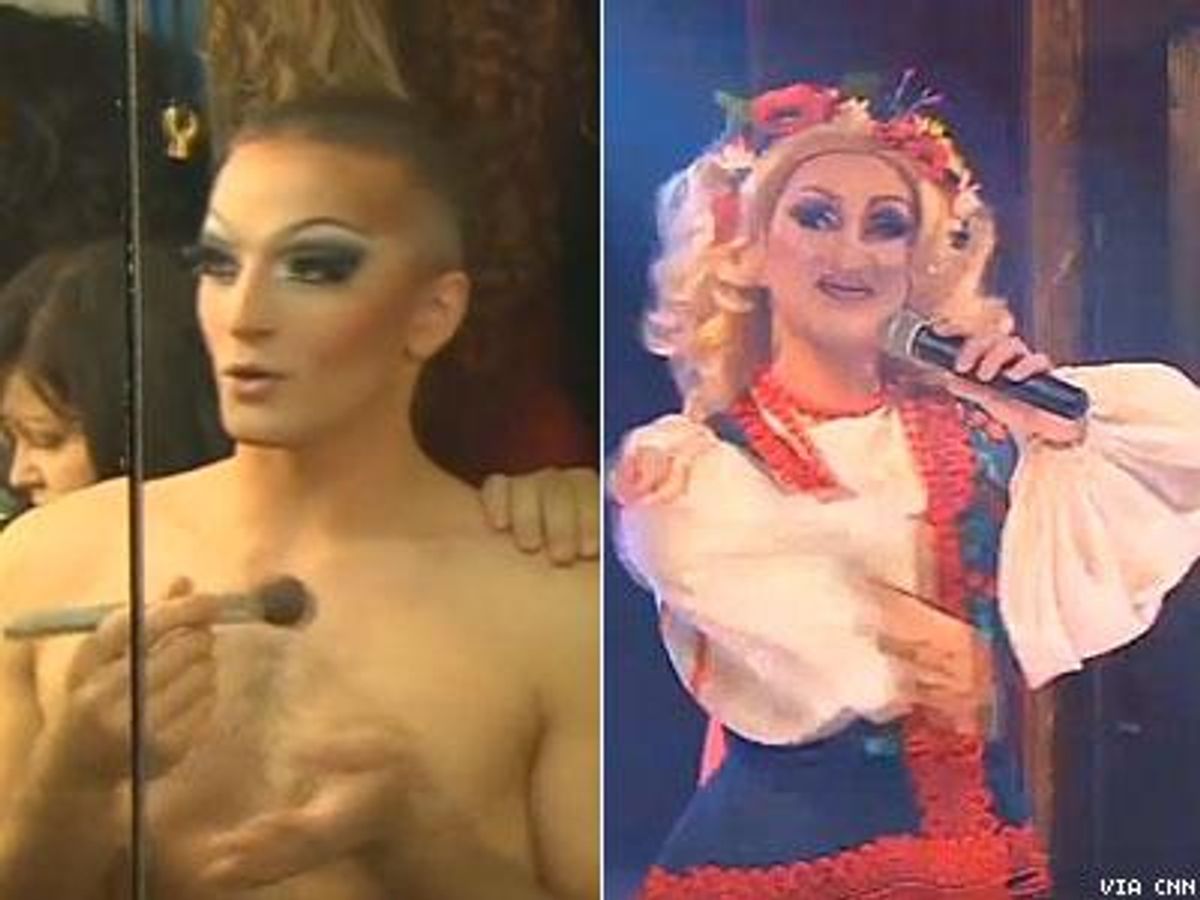
A CNN news report shows that the patrons and owner of a gay-friendly bar in Sochi, Russia, and reveals that they do not support a boycott of the 2014 Winter Olympics.
December 20 2013 2:17 PM EST
November 17 2015 5:28 AM EST
By continuing to use our site, you agree to our Private Policy and Terms of Use.

The upcoming Winter Olympics in Sochi, Russia have been the subject of endless debateand calls for an international boycott due to Russia's nationwide ban on so-called gay propaganda that President Vladimir Putin signed into law in July.
On Wednesday, CNN interviewed Sochi patrons of the largest gay-friendly bar in Sochi, Mayak Cabaret, revealing their opinion that a boycott of the Olympic events is not the best solution, according to Towleroad.
Historically, Sochi has been a resort-town and refuge for members of the Russian gay community. According to Armand, one of the Russian performers interviewed by CNN, "Sochi has always been more tolerant than other Russian cities and famous for its gay culture."
Larry, another gay Russian featured in the video, affirms that "Gay men and lesbians have been coming to Sochi since Soviet times to get together, have a good time, and find love."
CNN reports that no one interviewed by the network supports an Olympic boycott. Instead, the Sochi residents hope the Games will be a success for Sochi and Russia. Towleroad also reports that ABC News interviewed the club's owner, Andrei Tanichev, who also voiced opposition to a boycott, or even protests in support of gay rights. Tanichev says, "What is important for me as far as the Olympics are concerned and in general, is that when they show gays, that they are seen like ordinary citizens."
In his annual marathon address issued Wednesday, Putin implied that LGBT athletes and spectators will not face the same violence, arrest, and harrassment that LGBT Russians have faced under the ban on "propaganda of nontraditional sexual relations" in areas visible to minors.
Rather than a protest or boycott, Tanichev suggetsted other ways for activists to take a stand against the draconian law. "I think that expressions have to be positive," Tanichev told ABC News. "I don't know, maybe something symbolic. Maybe a kiss."